Display caption
Image: Sweet Honey in the Rock at Goodson Chapel at Shenandoah University. Credit: Courtesy of Shenandoah University.
About the Program
Often defined as the “art of everyday life,” traditional arts reflect the aesthetics, practices, values, and beliefs of community groups, such as families, geographic communities, occupational groups, ethnic heritage groups, faith communities, and more. Traditional arts are often learned orally or by observation and imitation, rather than in institutional or academic settings. All traditions are connected to the history of the communities that practice them, but they are not just art forms of the past. Instead, they are “living traditions” that adapt to remain relevant in a changing world.
Mid Atlantic Arts’ folk and traditional arts programs include the Folk and Traditional Arts Community Project grants and the three-part Central Appalachia Living Traditions program. Visit our Folk and Traditional Arts Blog to learn more about traditional arts work in our region.
Questions? We’d love to hear from you! Contact Mid Atlantic Arts traditional arts staff:
- Ellie Dassler, Program Director, Folk and Traditional Arts: edassler@midatlanticarts.org
- Joel Chapman, Program Associate, Folk and Traditional Arts: jchapman@midatlanticarts.org
To learn more about folk and traditional arts work in our region, visit the Folk and Traditional Arts section of our resources page.
Folk and Traditional Arts Community Projects Grants
Folk and Traditional Arts Community Projects grants fund public-facing projects that support the vitality of traditional arts and cultures throughout our region.
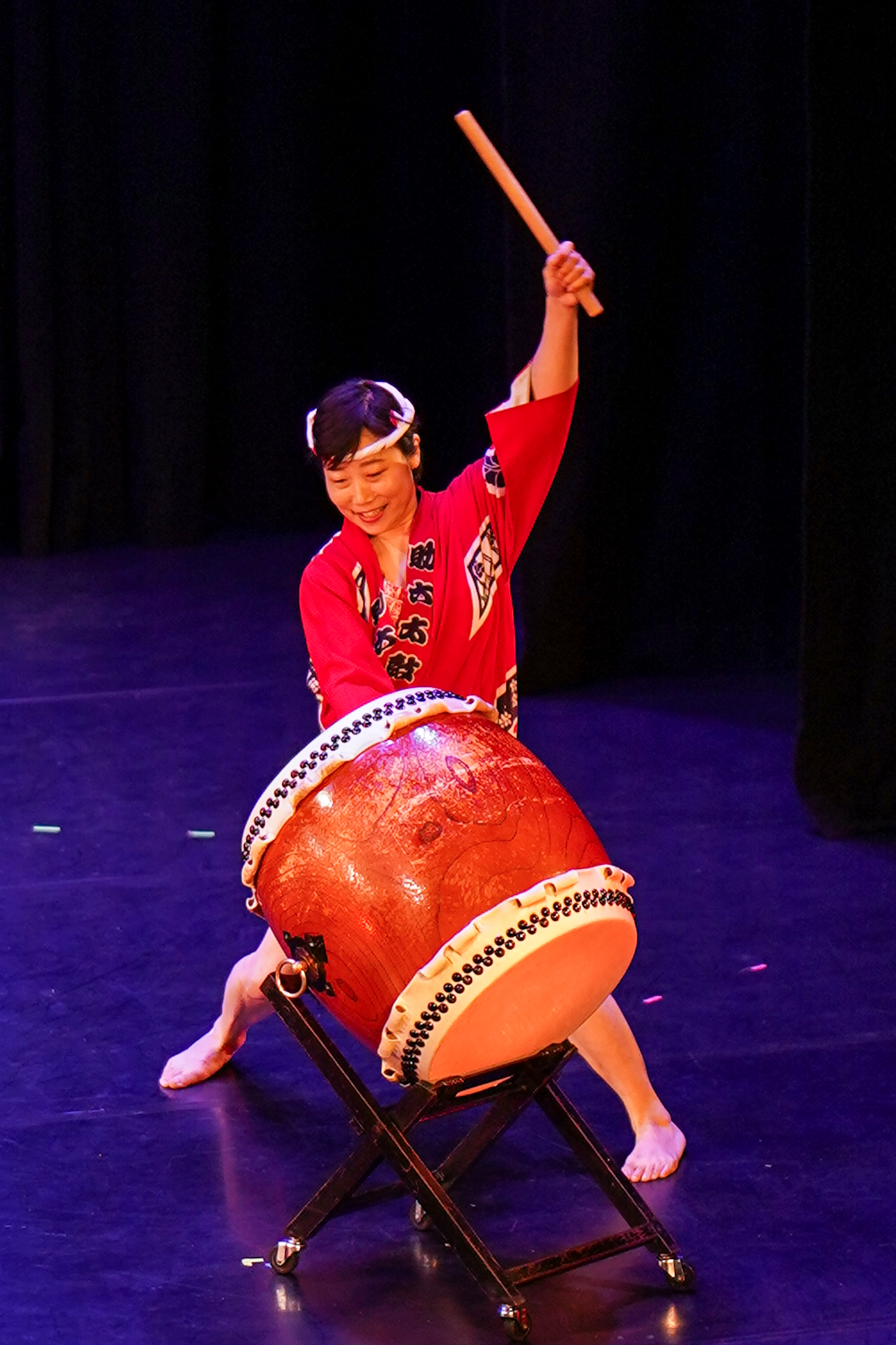
Display caption
Image: Dance and taiko drums from The Festival of Japan at the Japanese Folk Dance Institute of NYC. Credit: Aono Hideki.
Central Appalachian Living Traditions (CALT)
Central Appalachia Living Traditions (CALT) is a multi-part program that invests in communities, seeds new folk and traditional arts experiences, and honors underrecognized practitioners of Central Appalachian traditions. CALT serves the counties of Ohio, West Virginia, and Virginia designated by the Appalachian Regional Commission.
Mid Atlantic Arts developed CALT in response to the Central Appalachian Folk and Traditional Arts Research and Survey Project (CAFTA), completed in 2020.
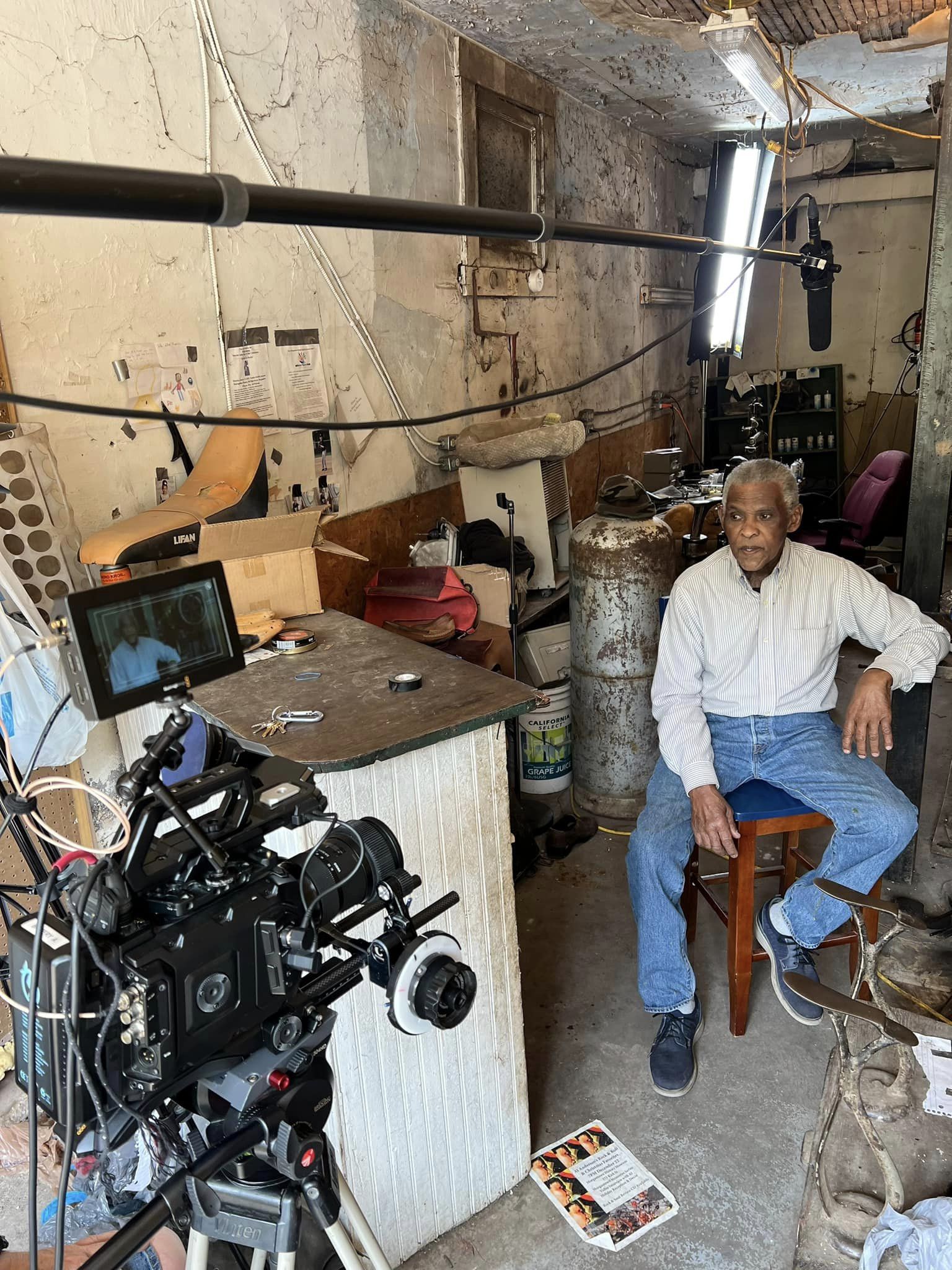
Display caption
Image: Al Anderson being interviewed as part of Doris Field’s CALT Experiences project. Credit: Doris Fields.
CALT Appalachian Foodways Practitioner Fellowships
Mid Atlantic Arts partners with Grow Appalachia and the Appalachian Studies Association on the Appalachian Foodways Practitioner Fellowships. These fellowships honor, celebrate, and support foodways tradition bearers in Central Appalachia who have made significant contributions to sustaining the foodways heritage of their communities.
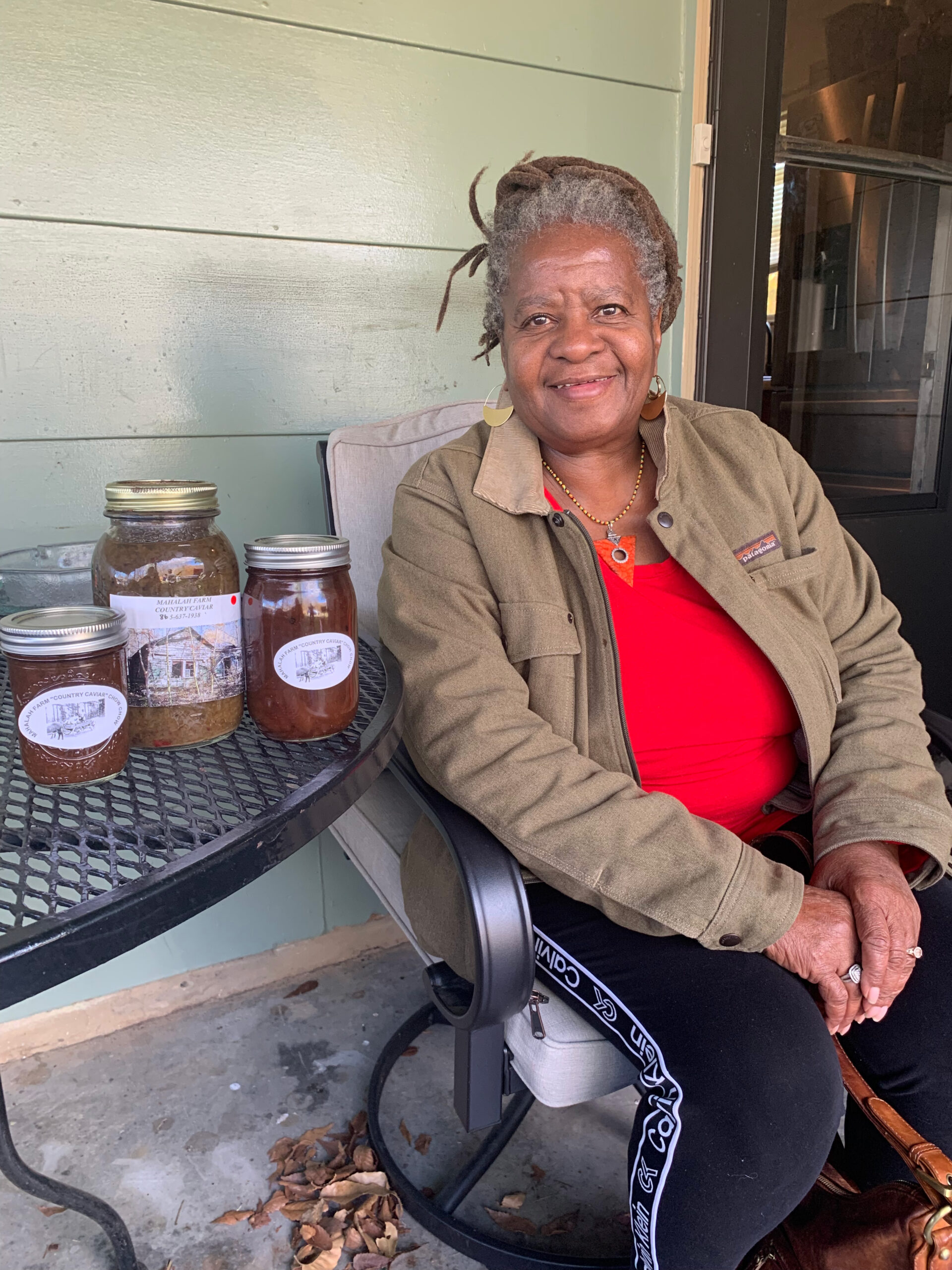
Display caption
Image: CALT Foodways Fellow Yawah Awolowo. Credit: Victoria Hewitt.
CALT Black Appalachian Storytellers Fellowships
Mid Atlantic Arts partners with the National Association of Black Storytellers (NABS) and South Arts on the Black Appalachian Storytellers Fellowships. This program honors and promotes the understanding of Black Appalachian storytelling traditions that embody the history, heritage, and culture of African Americans in the region.
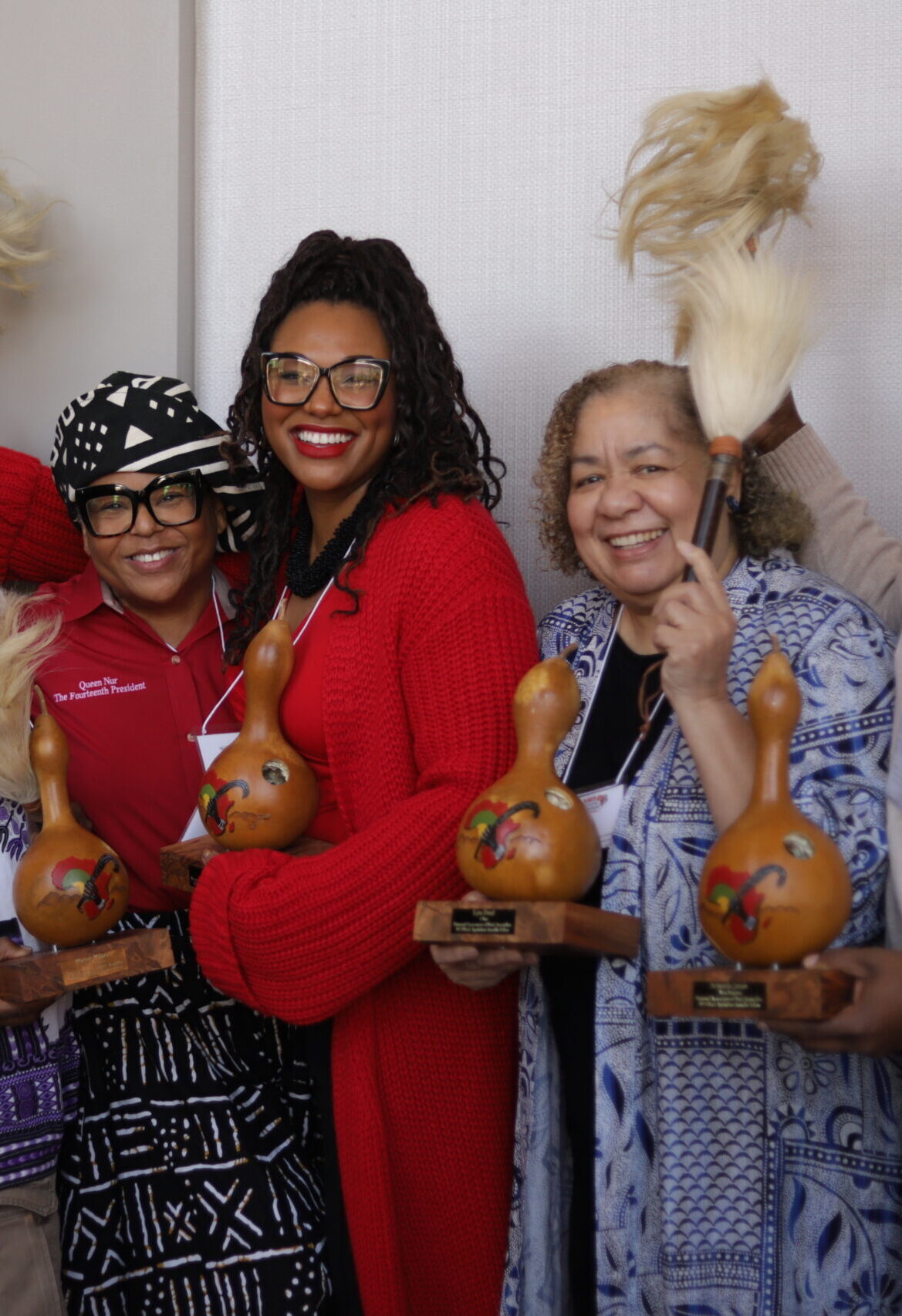
Display caption
Image: The 2023 Fellows gathered at the National Association of Black Storyteller’s Conference in Salt Lake City. Credit: Courtesy Taylor Burden.
CALT Community Anchors Initiative
The CALT Community Anchors Initiative provides targeted support to select communities in the region, to dramatically impact the sustainability of traditional practices in each area. Community Anchors sites include Athens, Ohio, Bristol, Virginia, and Scotts Run, West Virginia.
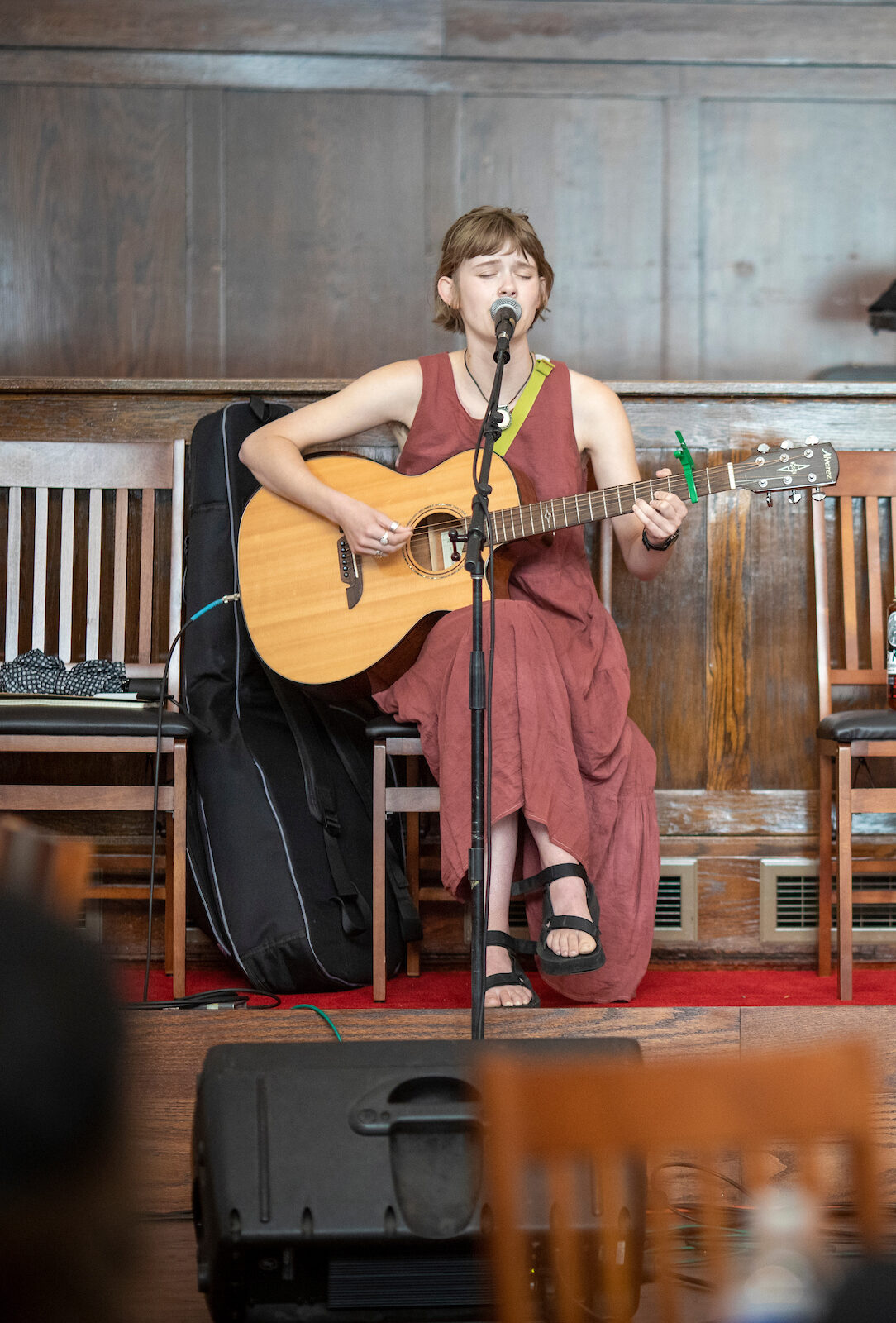
Display caption
Image: Singer songwriter Coralilly performs at Ohio Living Traditions Event, in Athens, OH. Credit: Joel Prince.
CALT Experiences Grants
CALT Experiences grants fund public-facing projects and events in Appalachian counties of Ohio, Virginia, and West Virginia that bring community members together around traditional arts and cultural knowledge.
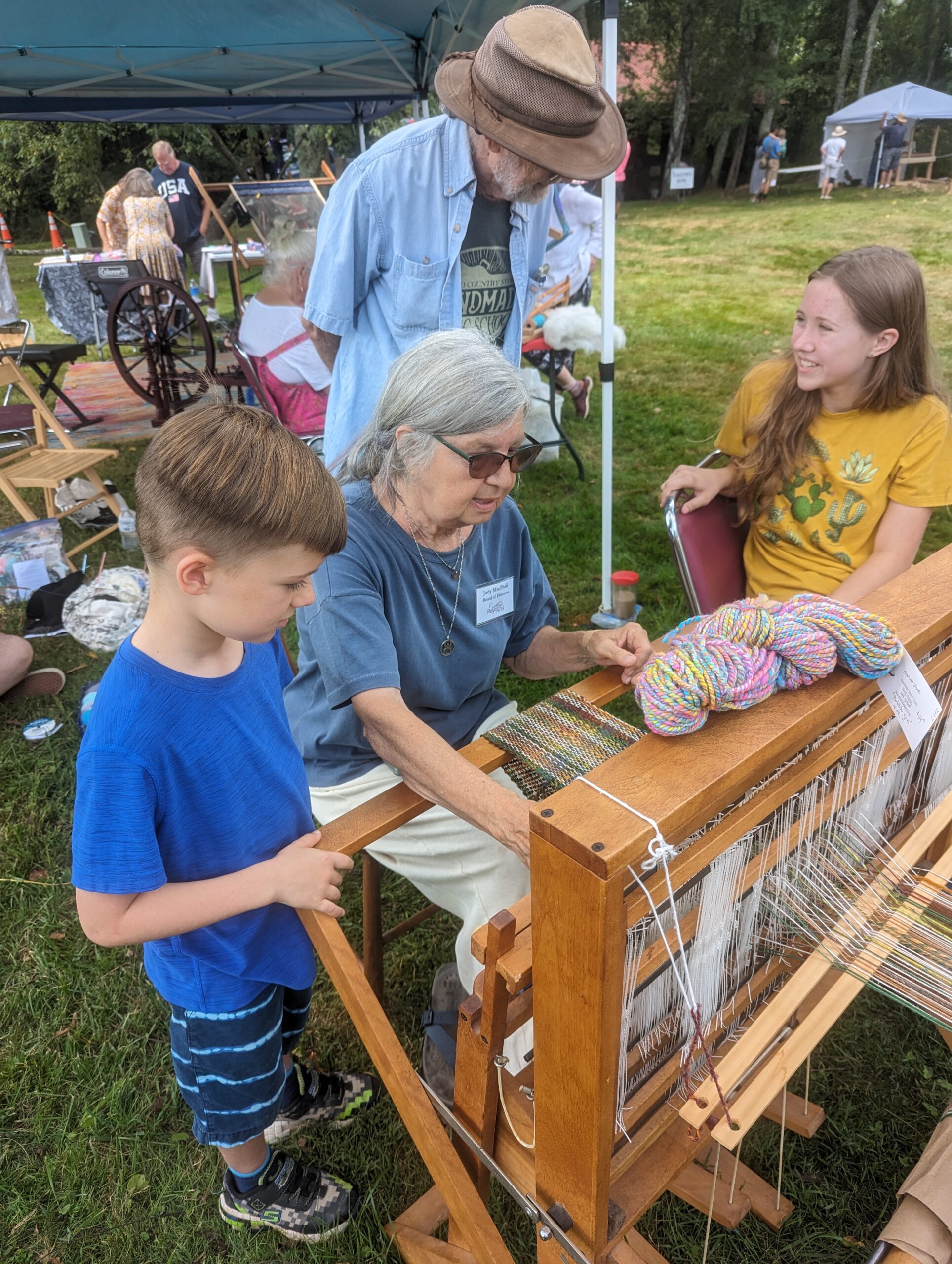
Display caption
Image: Judy Macphail demonstrates weaving at the Celebration of Floyd County’s Folk and Traditional Arts. Credit: Rob Simmons.
Folk and Traditional Arts Blog
More from our Central Appalachia Living Traditions and Folk and Traditional Arts programs with new content being added monthly!
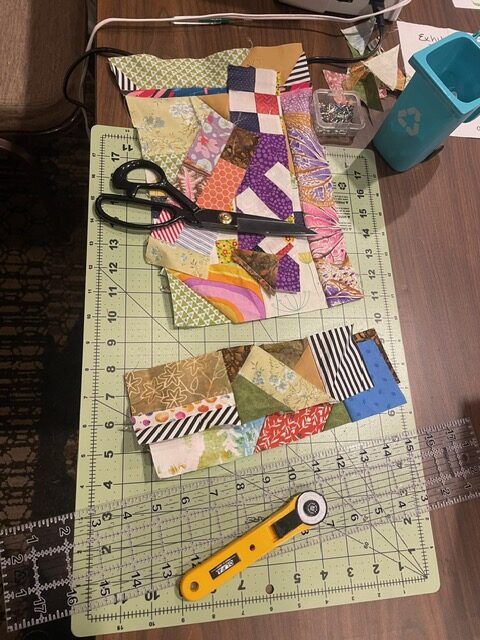
Display caption
Image: Asiyah Kurtz’s community quilting station with responses from New York Folklore Roundtable attendees. Credit: Mackenzie Kwok.

Display caption
Image: The Legendary House of Xclusive Lanvin: On and Off the Runway program flyer. Credit: ArtsWestchester.
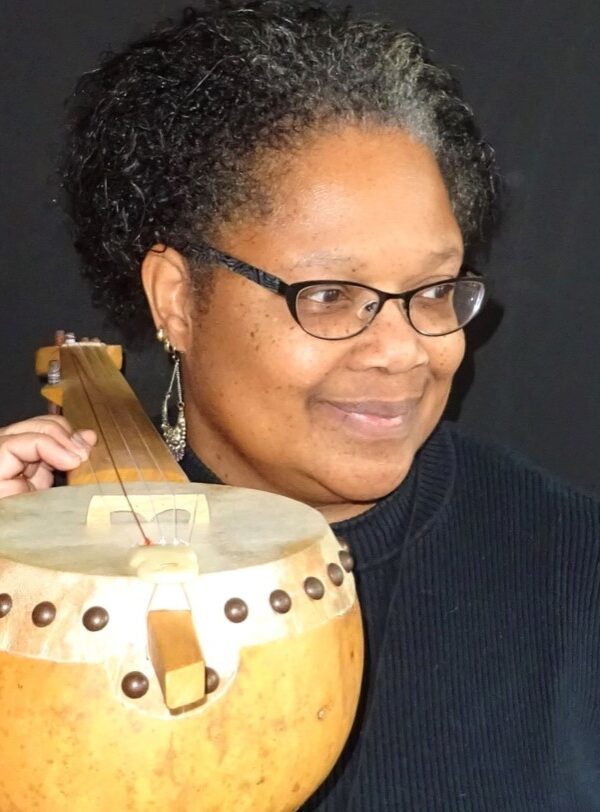
Display caption
Image: Dr. Dena Jennings. Credit: Laura Thompson.
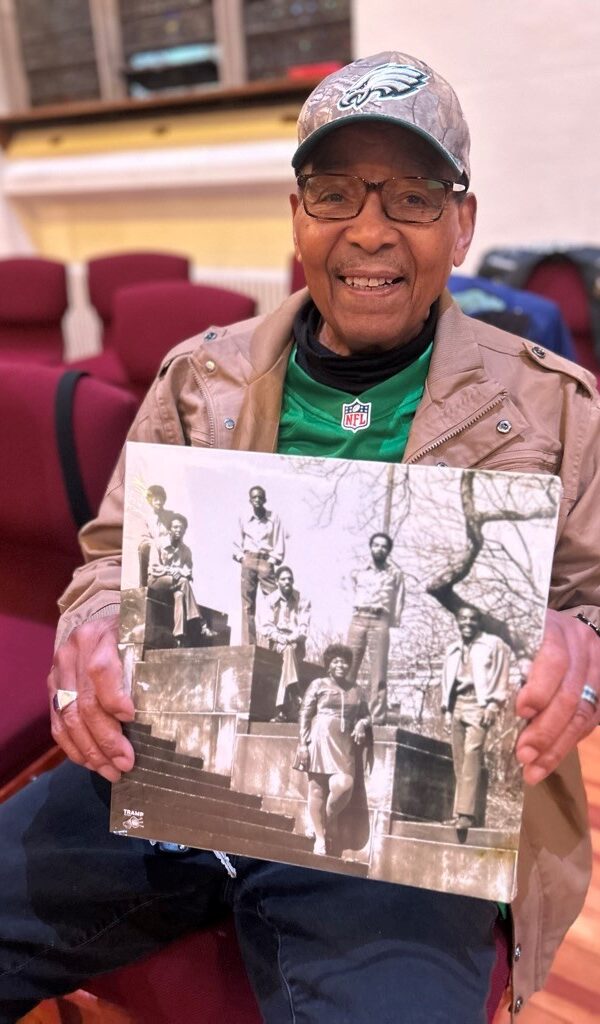
Display caption
Image: Community member Carl Holms, HBNS Resident at Podcast Party 2023 holding his Vinyl Album Cover of Carl Holmes and the Commanders. Credit: Jeannine Osayande.
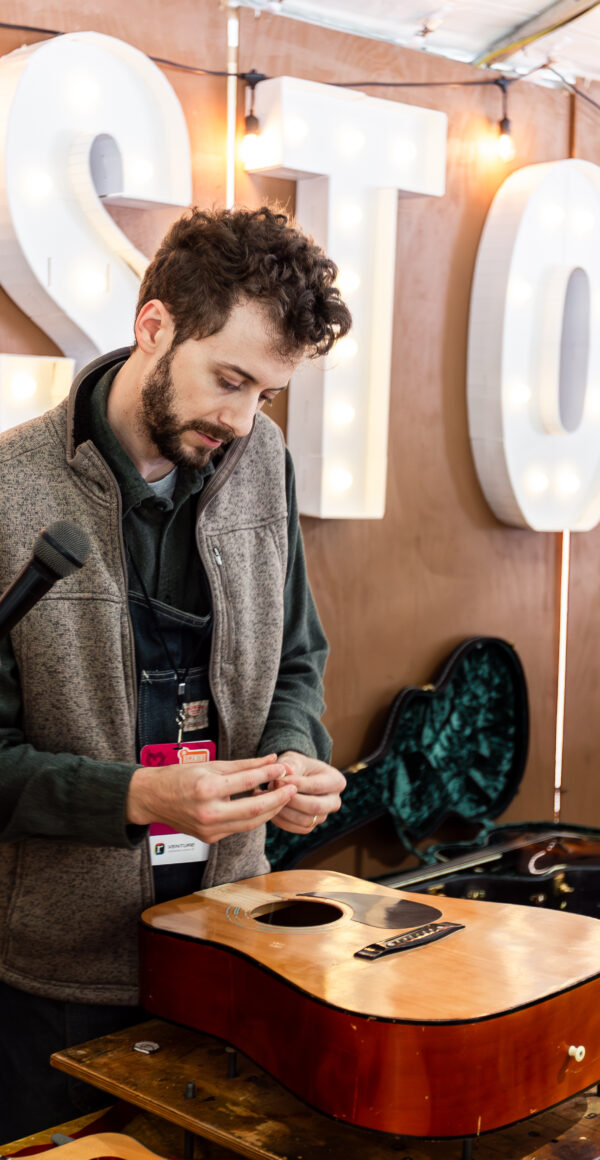
Display caption
Image: KT Vandyke, an instrument repairman from Bristol, demonstrates how to repair a cracked guitar. Credit: Nina Wilder/Virginia Humanities.
Funding support provided by:
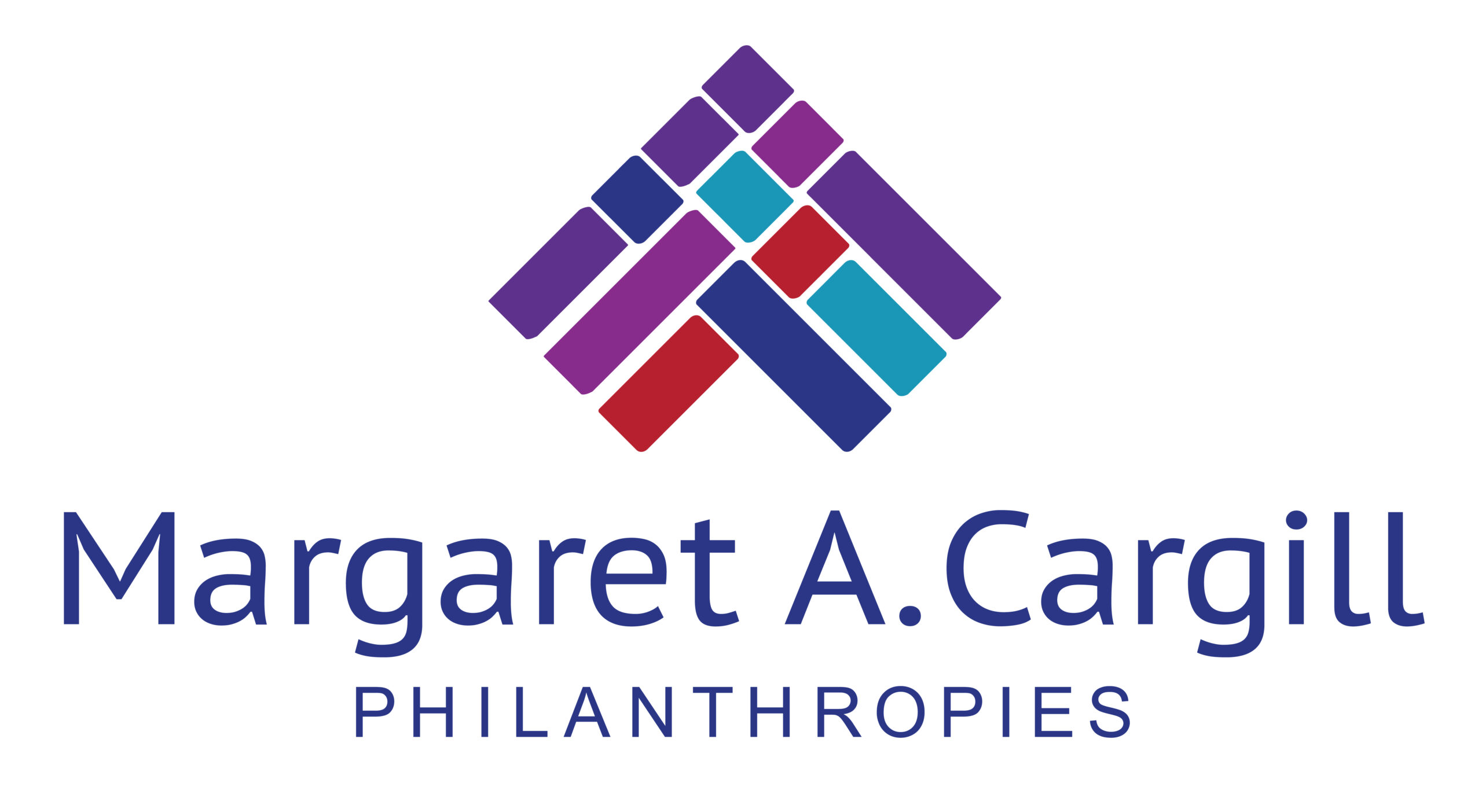
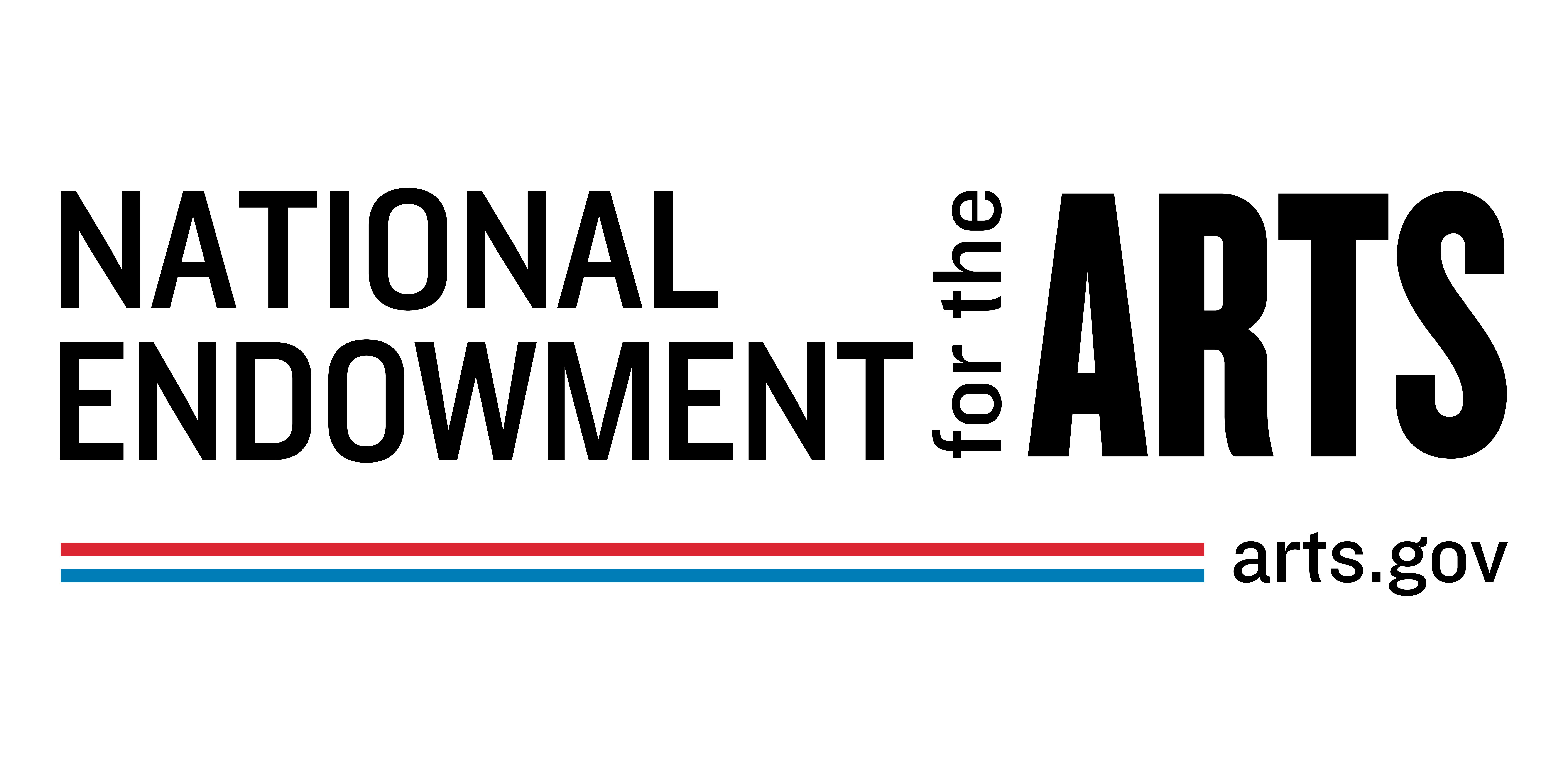
Follow CALT on Social media